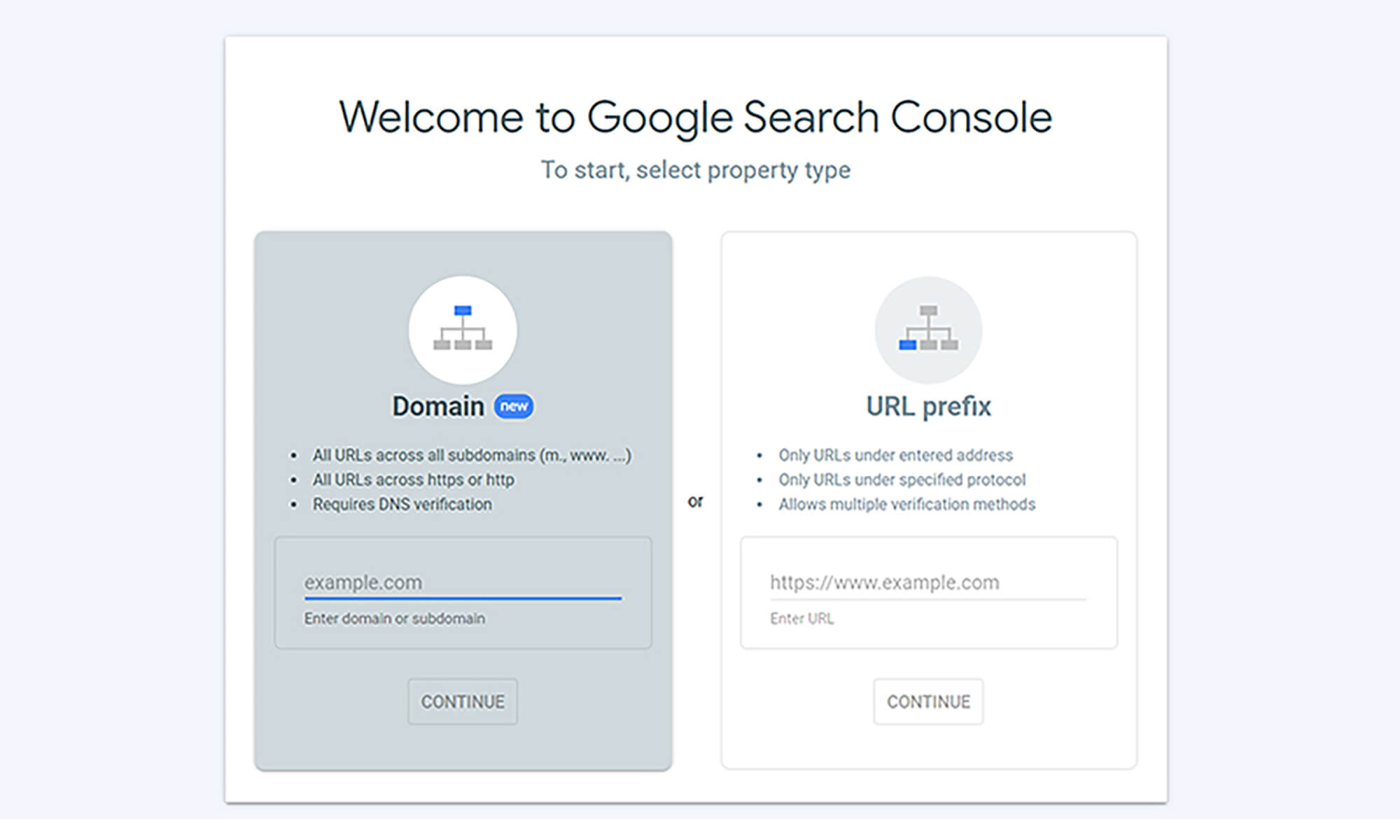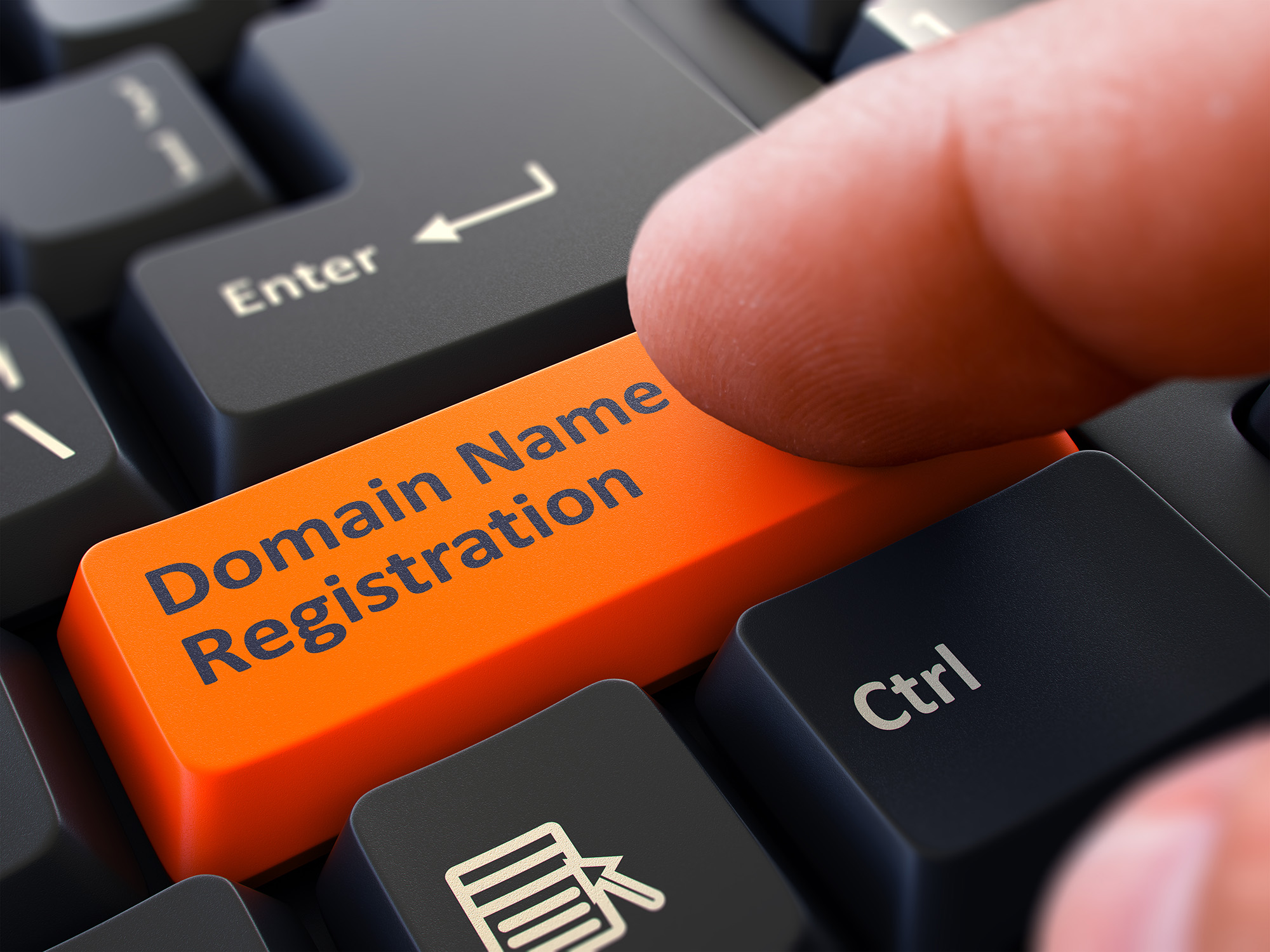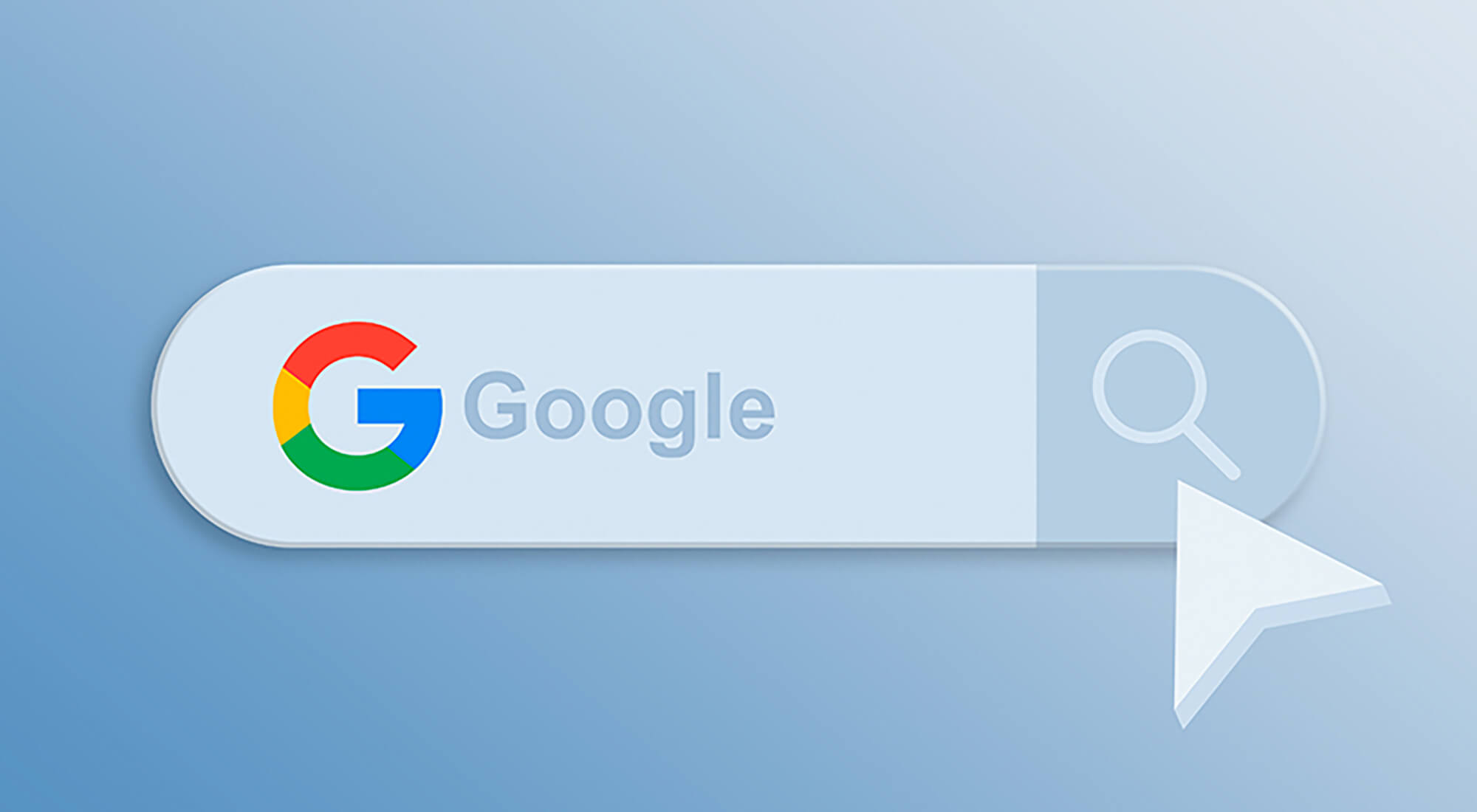
SSL Certificates: Secure Connections are Essential
SSL (Secure Socket Layer) certificates encrypt the data that moves between your website and its visitors, ensuring that sensitive information like credit card numbers and login credentials remain private.
Pros of SSL: Builds trust with visitors, essential for e-commerce, and boosts SEO rankings.
Cons: None. An SSL certificate is a non-negotiable feature in today’s web landscape.
Tip: Look for a hosting provider that offers free SSL certificates as part of their hosting package.
Regular Backups: Your Safety Net
Backups are copies of your website’s data and files, which can be used to restore your site in case of a catastrophic event like a hack or data loss.
Pros of Regular Backups: Provides peace of mind, quick recovery from issues, protects against data loss.
Cons: Can consume storage space, but the benefits far outweigh the downsides.
Tip: Opt for a host that offers automated daily or weekly backups and easy restoration processes.
Malware Protection: An Ounce of Prevention
Malware protection involves scanning for and removing malicious software that hackers may try to install on your site. This is essential for keeping your site and user data secure.
Pros of Malware Protection: Keeps your site safe from hackers, prevents the spread of viruses to visitors, protects your website’s reputation.
Cons: None. Like SSL and backups, malware protection is a must.
Tip: Look for a host that includes malware scanning and removal as part of their security package.
Key Takeaways:
- SSL is Non-Negotiable: In today’s digital age, SSL is a standard, not a luxury. Ensure your hosting provider includes SSL certificates in their plans, preferably for free.
- Regular Backups are Essential: Choose a hosting provider that offers regular, automated backups of your entire website, along with an easy process for restoring your site if needed.
- Invest in Malware Protection: Opt for a host that proactively scans for and removes malware, helping to keep your site clean and secure.
- Ask About Additional Security Features: These can include firewalls, DDoS protection, and two-factor authentication (2FA). The more layers of security, the better.
In summary, when selecting a web hosting service, security should be a top priority. Ensure your provider offers robust protection, including SSL certificates, regular backups, and proactive malware protection. After all, the safety of your website and the trust of your visitors are on the line.
In the next chapter, we will dive into the importance of exceptional customer support and how it can make or break your experience with a web hosting provider.








